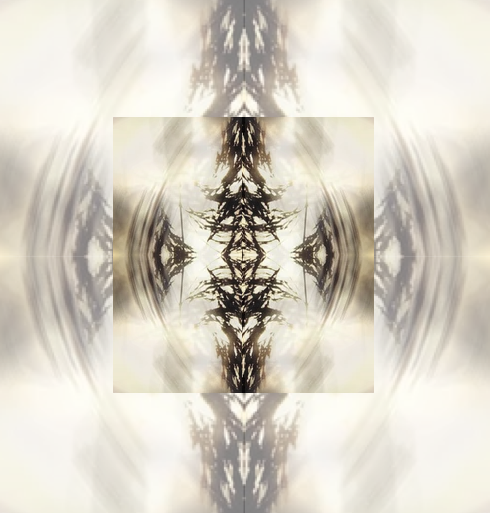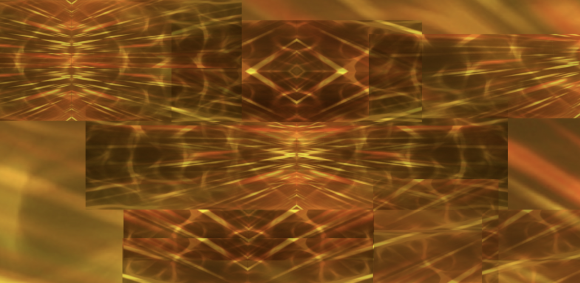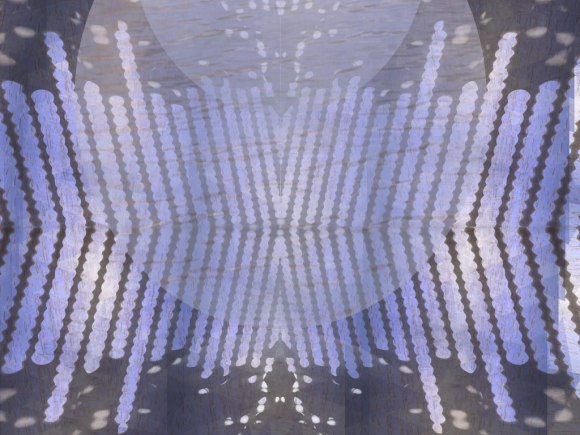
If archetypes are patterns, the obvious question is: patterns of what?

Part of the job, when researching an interesting phenomenon, is to build up a phenomenological pool: collect typical examples, interesting special cases, and fringe phenomena that may or may not be relevant in conjunction with our focus of interest. With synchronicities, there is an additional category in that pool to which we might pay some attention.

In the literature on synchronicities, that phenomenon is usually defined as a coincidence of two or more events which invokes a “sense of meaningfulness”, and where the events in question — crucially for the point I want to focus on — are not causally linked. In one respect, that last clause is a sensible requirement. For if there were a causal link between those events, that would suffice as...

There is an often overlooked connection between the impression of something as meaningful — a “sense of meaning” — and a willingness to give up one’s own freedom of action and choice. Is that an ingredient in synchronicities, too? (After all, the feeling of meaningfulness is a necessary ingredient in the phenomenon as such.) 1. In his analysis of the history of advertising, Tim Wu explains the...